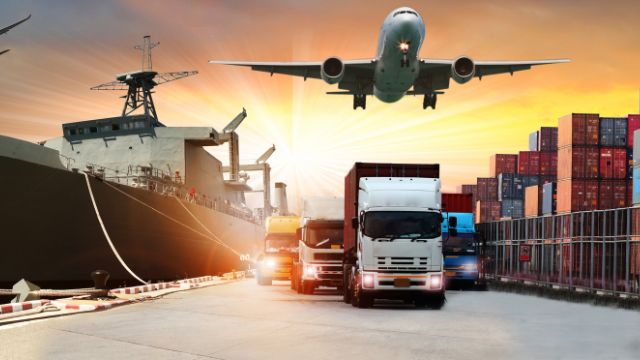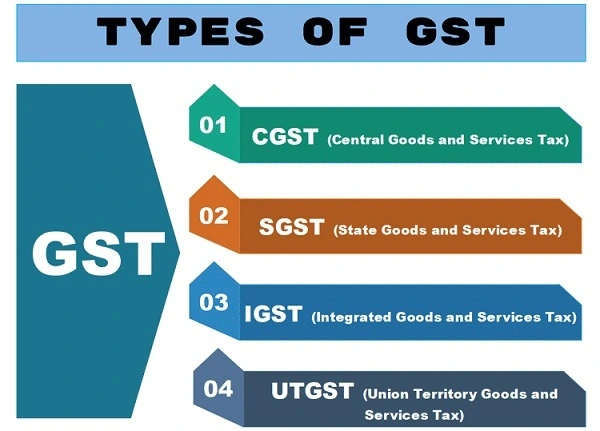The logistics sector in any country joins the manufacturers & producers with the trading activity. It is the core of any economy, and the sector is heavily involved in the development of the country. The logistics industry always tries to improve consumption by helping with the timely supply. The enablement of technology has made the logistics industry even more important. When the GST was implemented, it also covered the logistics industry, and hence to understand the impact of GST on India, it became important to understand the impact of GST on Logistics. On this page, you can learn more about how GST impacted Logistics Industry in India. Go ahead and check out the details now.
GST Impact on the Logistics Industry
There has been a sudden rise in the e-commerce industry, which has helped logistics grow exponentially. This has changed the rules of the game, and time for delivery has become even more important. Earlier, the stakeholders were troubled by multiple taxes in the industry, but with the One Nation One Tax, it has become easy for everyone. The system has been streamlined, and the tax structure is not chaotic anymore. GST tried to sort out the problems associated with the old tax regime. Some of these problems were
- Unregulated pricing policy
- Differential regulations from state and national authorities
- Impaired decision making
- Corruption due to uneven and high tax rates
How is GST Filling the Gaps?
As mentioned earlier, GST is trying to fill the gaps in the logistics industry, and there have been some improvements since the new tax policy was implemented. We have listed some of the benefits delivered to the Logistics Industry below –
- Making it Easy – GST has made inter-state transportation easy, reducing the cost of the same. The clearance process and the paperwork have been simplified, and at the same time, the tax rates have been made consistent. This has reduced the delivery time, further reducing the storage cost. According to some experts, this has contributed to GDP by approximately 1-2%. This, coupled with proper transportation, has done wonders for the logistics industry. Many check posts at the state borders have been removed since the prior registration of goods over 50,000 is mandatory. It has also been revealed that the trucks have covered 30% more distance annually after implementing GST.
- Speeding it Up – Supply Chain Management was in trouble before the GST, and this one step has helped the sector overhaul the whole system. Remember that warehouses are a critical component of the logistics industry. After implementing GST, companies found the hub and spoke model more feasible. Now, the warehouses are scattered across the nation, and it has not only helped the development of small cities but also helped the logistics sector reduce waste.
- Digitalization of Services – GST has also helped people focus on digitalization. It may sound absurd initially, but this is the truth. Simple to understand framework is the top contributor here. In addition, you would have noticed that you can book the truck online today. All this is possible because of the new stakeholders that entered the game and the digital capabilities. In a way, it can be said that the GST has eventually led to a rise in demand for the logistics industry.
- Transparency – The last point we would like to mention is that the GST has made everything more transparent. It has reduced corruption, and it has eliminated the problem of the parallel economy. The GST has also reduced corruption at the state and international borders.
What Can be Improved?
GST has had positive and negative impacts on the logistics industry. We have already talked about the positive impacts of GST but what about the negative ones? One of the major points here is that fuel is still not covered in the GST framework, which directly impacts the cost of logistics. This has been a major problem for the logistics sector, and over time, it has impacted the sector in many ways. Apart from this, after the GST was implemented, the logistics sector had to quickly adapt to the new tax regime. This increased the compliance and administration cost for a short span.
Final Take
The overall impact of GST on the logistics sector has been quite positive. The benefits of the new tax regime outweigh the negatives. The impact has been visible, and we are sure the sector will see even better results in the upcoming years. A single positive step has helped the industry overhaul the complete supply chain. We are sure that in the upcoming years, the government will take more steps to benefit India’s logistics industry.















